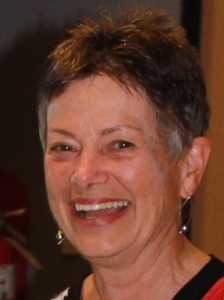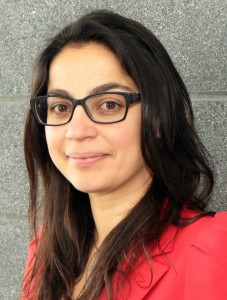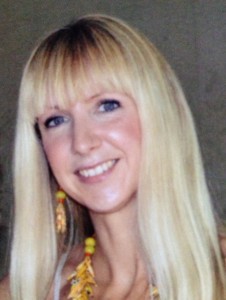Our team includes many wonderful people.
All members of our team in Canada are volunteers who give their time and energy freely to WE C Hope in addition to their professional activities.
Our team includes an ophthalmologist, oncologist, global health research scientist and child life specialist.

Brenda Gallie
Brenda’s research and clinical practice is focused uniquely on retinoblastoma. She is a professor in the University of Toronto Departments of Medical Biophysics, Molecular Genetics and Ophthalmology, Head of Health Research Informatics at the Techna Institute, University Health Network, and Director of the Retinoblastoma Program at the Hospital for Sick Children, Toronto, Canada.
She co-founded Daisy’s Eye Cancer Fund (now World Eye Cancer Hope) to help step up action for children around the world.
Her pioneering work has contributed to fundamental understanding of cancer development, and provided affordable genetic tests that enhance patient care. The Retinoblastoma Program has incorporated science into patient care, and looked globally to achieve an evidence base for care, everywhere.
Through Point-of-care clinical data with outcomes on all patients with secure Internet access, the stage is set for a global learning health system, iteratively advancing care based on evidence from the bedside, everywhere.

Helen Dimaras
Dr. Helen Dimaras is an Assistant Professor in the Department of Ophthalmology & Vision Sciences, Faculty of Medicine, and Division of Clinical Public Health, Dalla Lana School of Public Health, at the University of Toronto; Honorary Lecturer in the Department of Human Pathology at the University of Nairobi; and Adjunct Scientist in the Department of Ophthalmology & Vision Sciences at The Hospital for Sick Children. She has a PhD in Molecular & Medical Genetics, and completed post-doctoral training in clinical trials and global health.
Dr. Dimaras’ research spans the disciplines of global health, cancer genetics and clinical science. Her studies have contributed to the understanding of the molecular genetic development of retinoblastoma. She is currently studying approaches to reduce the global retinoblastoma survival gap between developed and developing countries. Key initiatives include establishment of a centralized digital cancer pathology laboratory in Nairobi; design of comprehensive cancer genetics services to meet the needs of low-resource settings; and development of a global retinoblastoma map, One Retinoblastoma World (www.1rbw.org), to track patients and treatment resources worldwide.

Morgan Livingstone
As a Certified Child Life Specialist and Certified Infant Massage Instructor, Morgan is an expert in child development. She is passionate about promoting effective coping through play, preparation, education, and creative self-expression activities.
Morgan has extensive experience with young patients with retinoblastoma, providing emotional support for children and families, encouraging optimum development of children facing illness, trauma or challenging medical experiences. Understanding that a child’s wellbeing depends on family support, she also supports parents, siblings and caregivers.
Morgan believes strongly in educating caregivers, administrators, and the public about supporting children coping with illness, surviving trauma and facing stressful life events. With vast experience with resource-limited child life implementation through work with many international charities and NGO’s, Morgan diligently advocates for the provision of child and family friendly healthcare across the globe.
As an active member of the Evidence-Based Practice Committee at the Child Life Council, Morgan promotes the recognition and incorporation of child life research into clinical practice.


